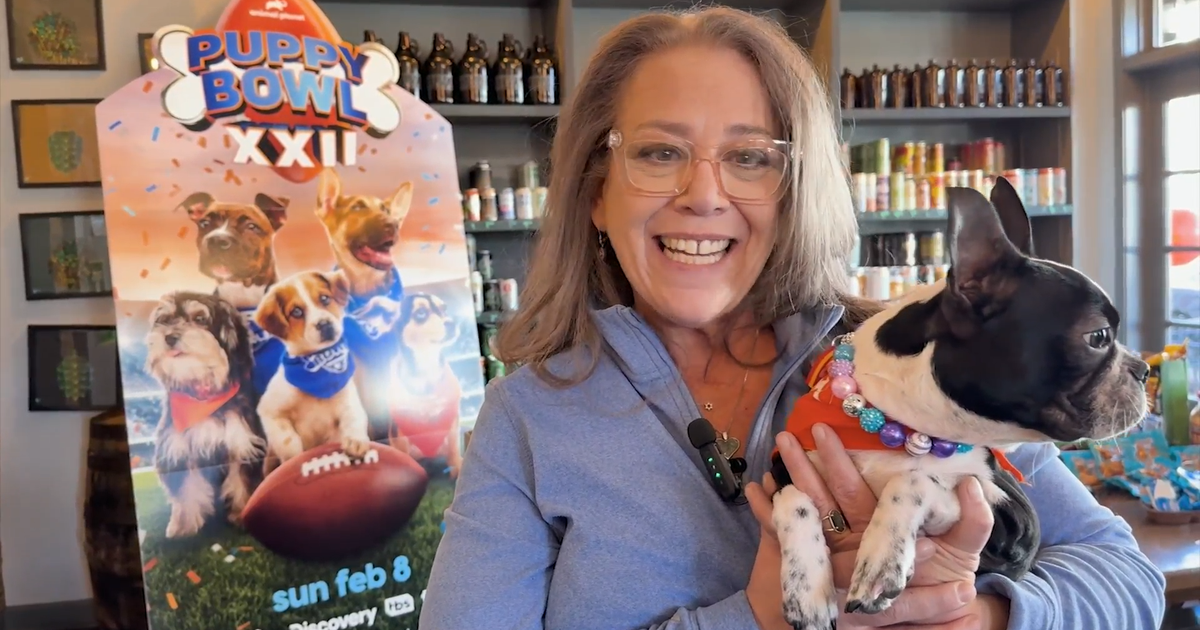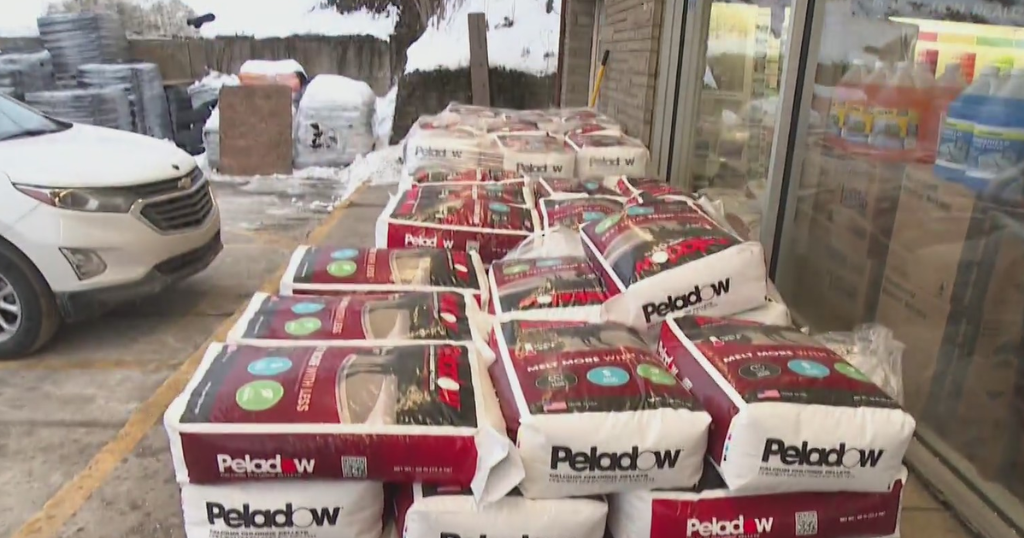Pittsburgh veterinarians say to take precautions to protect pets from bird flu
PITTSBURGH (KDKA) - Veterinarians are warning pet owners to take precautions as a highly contagious strand of bird flu is spreading across the country.
The virus was detected on a chicken farm in Lehigh County this week. In the last several weeks, its also been found in wild snow geese in eastern Pennsylvania.
Even though we call it the bird flu, other animals can catch it.
"The one that we're most concerned about is the one that's called H5N1. This virus particularly is considered to be a highly pathogenic avian strain. And it can spill over into mammals," said Dr. Becky Morrow, medical director at Frankie's Friends cat rescue.
Can my dog or cat catch the bird flu?
Dr. Morrow studies infectious diseases, and she said she's not so much worried about dogs when it comes to avian influenza, but cats seem to be at a greater risk of getting the virus.
"The cats seem to be quite affected by this strain...Right now, what we understand is the highest risk to cats is the ingestion of wild birds' contaminated meat, so these raw diets and raw milk...The biggest thing right now is to avoid any raw diets, raw milk because even our indoor kitties will be at risk for that," Dr. Morrow said.
More than a dozen cats nationwide have been sickened or killed by bird flu. There have been no reports of felines infected with it in Pennsylvania.
Dr. Marit Bakken, wildlife and clinical medicine veterinarian at Humane Animal Rescue of Pittsburgh said there are some concerning signs with felines getting sick with the virus.
"A lot of cats are getting this disease, and they also are getting very sick from it, and dying, to be completely honest, is very worrying. Obviously, I think that in order to be completely safe and to really kind of mitigate the risk, I would definitely recommend keeping all cats inside, if possible," Dr. Bakken said.
What can I do if my pet comes in contact with an infected bird?
They said even though the chances that cats in our area will come across a bird that's infected if they're not on a dairy farm or not near a poultry farm are probably low, it's still wise to keep your cats inside as much as you can. Hundreds of thousands of waterfowl continue to migrate through Pennsylvania. And cats are curious and could get avian flu from eating or coming into contact with sick birds.
"You never really know, and the risk is more in waterfowl and domestic animals like chicken," said Dr. Bakken.
Dr. Bakken said they know that dogs can get the virus, but they're typically less impacted in terms of clinical signs.
She said both dogs and cats should still stay away from waterfowl.
"Especially hunting dogs, dogs that are outside a lot may be exposed to a lot of wild waterfowl would be higher risk," Dr. Bakken said.
"It's just always kind of Better to stay on the side of safe rather than sorry when dealing with these kinds of new emerging viruses," she added.
"We don't have a treatment for this. So, it's at least 50% fatal, if not more. So that's why I'm really concerned about it being that we run a cat rescue and that we're dealing with a lot of kitties that are community cats," she added.
According to the CDC, it is rare for humans to contract bird flu as they would have to be in direct contact with an infected animal. Experts said the virus can attach to people's clothes, which is one-way cats and dairy cattle could contract the virus.
If you find your pet with a bird in their mouth that may be sick or dead -- remove it, then contact the Pennsylvania Game Commission and a veterinarian for guidance, to be safe. You'll also want to monitor your pet for respiratory and neurological symptoms, including sneezing, runny nose, being lethargic, wobbling, or not eating as much as usual.







